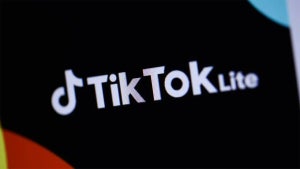The World Health Organization has stated that a systematic review of available evidence suggests that the use of non-nutritive sweeteners (NNS), such as stevia or saccharin, “provides no long-term benefits in reducing body fat in adults or children.”
The WHO review, supported by 283 studies, also indicates that there could be “potential undesirable effects” from the long-term use of sugar substitutes, such as an increased risk of type 2 diabetes and cardiovascular diseases.
“The substitution of free sugars with NNS does not help control weight in the long term. People should consider other ways to reduce free sugar intake, such as consuming foods with natural sugars like fruit, or non-sugar foods and drinks,” said Francesco Branca, Director of Nutrition and Food Safety at the WHO, in a press release.
Branca also adds that “NNS are not essential dietary factors and have no nutritional value. People should completely reduce sweetness in their diet, starting early in life, to improve their health.”
This recommendation includes low-calorie or calorie-free synthetic sweeteners, as well as natural extracts, which may or may not be chemically modified, such as acesulfame K, aspartame, advantame, cyclamates, neotame, sucralose, saccharin, stevia, and stevia derivatives, as indicated by the WHO.

The organization states that their recommendation applies to all individuals except those with pre-existing diabetes. According to the WHO, the recommendation is “conditional” as the identified relationship between sweeteners and disease outcomes may be confounded by complex usage patterns and baseline characteristics of study participants.
“This indicates that policy decisions based on this recommendation may require in-depth discussions in specific national contexts, related, for example, to the level of consumption among different age groups,” the press release states.
Non-nutritive sweeteners are widely used as ingredients in pre-packaged foods and beverages, although consumers sometimes also add them directly to their food and drinks (such as in coffee).
In 2015, the WHO already released a set of guidelines on sugar intake, recommending that adults and children reduce their daily intake of free sugars to less than 10% of their total energy intake. According to the review, this recommendation has sparked increased interest in sugar alternatives.
Some of the links added in the article are part of affiliate campaigns and may provide benefits to Softonic.


